The largest ideological caucus in the House Democratic majority is the Congressional Progressive Caucus, with a membership that includes New York's Charles Rangel, Michigan's John Conyers, Massachusetts' Barney Frank and at least half the incoming chairs of House standing committees.
The caucus co-chairs, California Democrats Lynn Woolsey and Barbara Lee, say they expect that as many as eight incoming House Democrats will join the CPC. The number could actually go higher, as several candidates in undecided House races ran with strong progressive support. (The CPC worked with labor and progressive groups to assist a number of candidates in targeted races around the country under the leadership of Lee and Woolsey and hired veteran labor and political organizer Bill Goold as a full-time staffer.)
CPC members Bernie Sanders of Vermont and Sherrod Brown of Ohio left the House to become U.S. Senators.
House members like Jerry McNerney from California, Ed Perlmutter from Colorado, Bruce Braley from Iowa, John Sarbanes from Maryland, Keith Ellison from Minnesota, Carol Shear-Porter and Paul Hodes from New Hampshire, John Hall from New York, stood for election on platforms that echoed the commitment of the CPC to bring the troops home from Iraq, promote economic fairness, make elections more honest and government more ethical, and promote energy independence.
Many of the new members of the House, including New York's Yvette Clarke, won hotly-contested Democratic primaries by associating themselves with Pennsylvania Congressman John Murtha's advocacy of rapid withdrawal from Iraq.
House Progressive Caucus members are looking at the prospect that their caucus -- the most racially and regionally diverse ideological grouping in the Congress -- could number more than 70 members once the new House is seated.
Forget the spin. Listen to Barbara Lee, whose habit of deviating from the conventional wisdom in order get things right is now well established, when she says of Tuesday's election results, "It is important to recognize that this was not just a vote against George Bush and the Republican Congress, it was a vote for a Democratic agenda that is rooted in progressive values."
The prime symbol of the new clout of progressives and women is Nancy Pelosi of California, a former member of the Democrats' Congressional Progressive Caucus, who will occupy the most powerful seat in the legislative branch of government when she takes over as Speaker of the House in January. As Pelosi moves on, however, the Congressional Progressive Caucus, will attain new stature as the largest ideological group within the new majority party, noted Eleanor Smeal, president of the Feminist Majority Foundation in Arlington, Va. (Progressive Women Outnumber 'Blue Dog' Dems November 21, 2006 10:32 AM By Allison Stevens Washington Bureau Chief WASHINGTON)
The Congressional Progressive Caucus, by contrast, addresses issues ranging from health care to jobs and the economy to national security. The progressive caucus currently claims 64 members, and has identified eight potential new members who may join in January, when the 110th Congress convenes. That means the caucus could control roughly a third of the House Democratic conference. As chairs, Lee said she and Woolsey bring sensitivity to women's issues. Both mothers who raised their children with the help of federal welfare payments, Lee said she and Woolsey will push for increased funding for child care and allowing women on welfare to pursue higher education.
Subscribe to:
Post Comments (Atom)





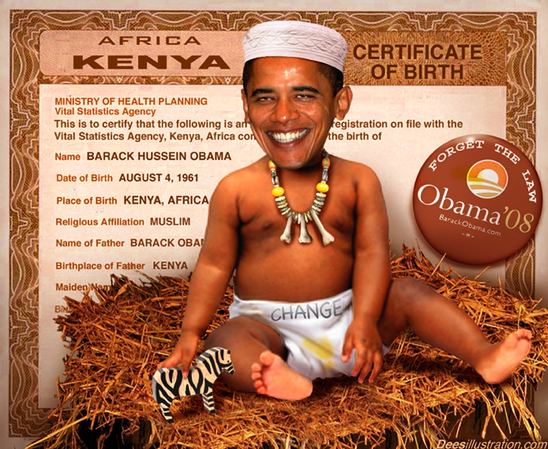







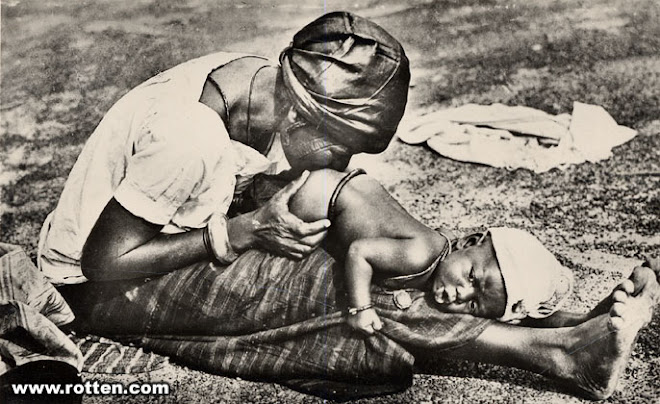

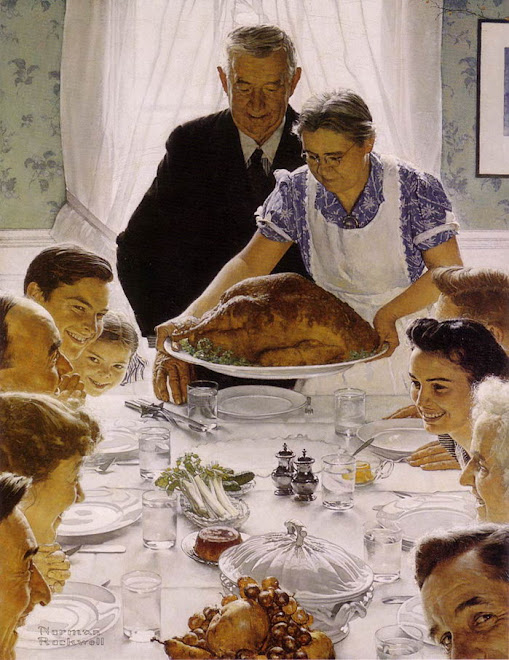




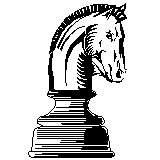




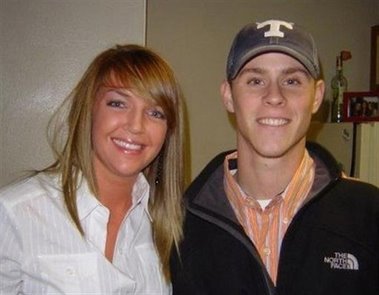



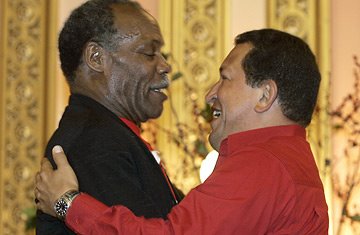


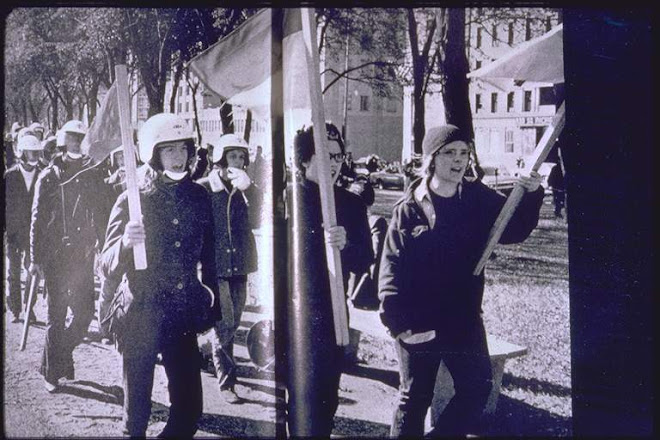
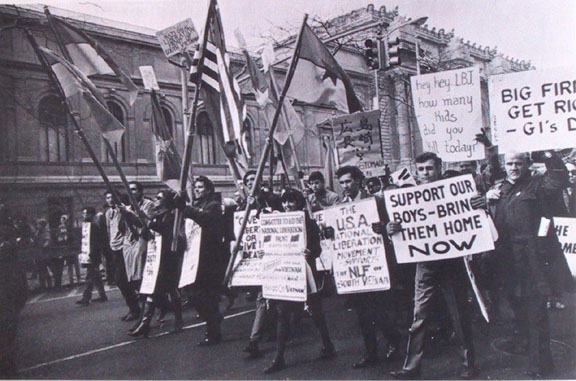







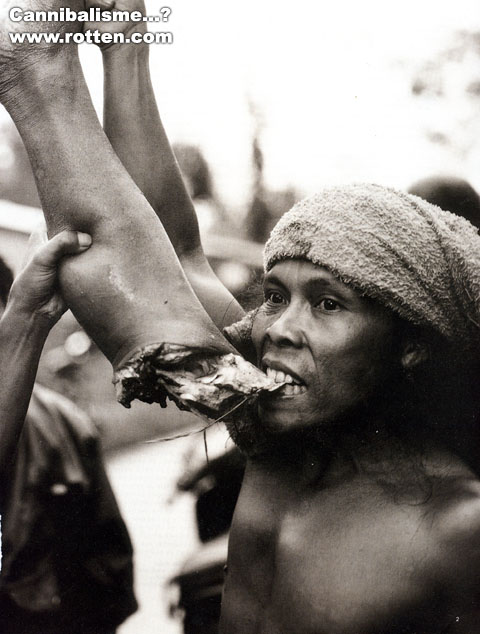




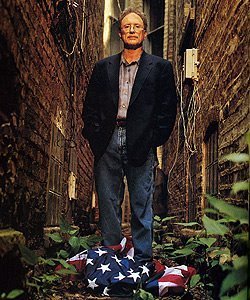






No comments:
Post a Comment